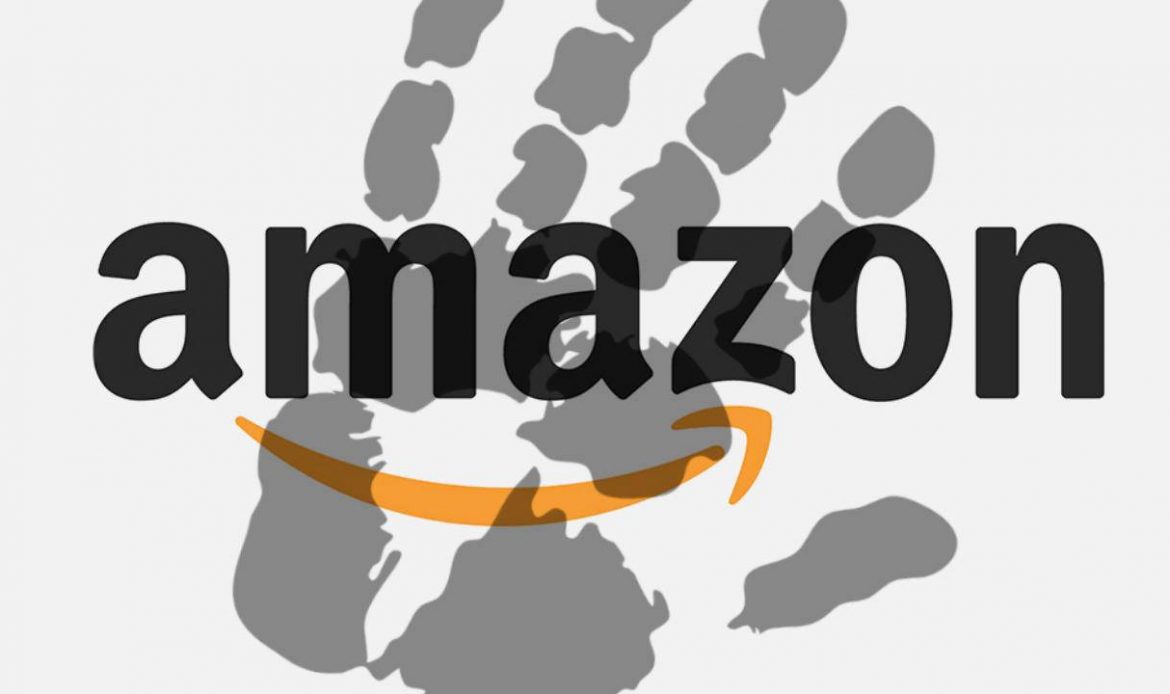Amazon.com Inc. wants to make your hand your credit card.

The tech giant is creating checkout terminals that could be placed in bricks-and-mortar stores and allow shoppers to link their card information to their hands, according to people familiar with the matter. They could then pay for purchases with their palms, without having to pull out a card or phone.
The company plans to pitch the terminals to coffee shops, fast-food restaurants and other merchants that do lots of repeat business with their customers, according to some of the people. Amazon declined to comment.
Amazon, like other tech companies, is trying to further integrate itself into consumers’ financial lives, leaving banks and card networks on edge. Apple Inc. introduced a credit card last year, and Google is rolling out checking accounts. If the Amazon terminals succeed, they could leapfrog mobile wallets such as Apple Pay while expanding Amazon’s already-extensive access to consumer data.
Amazon’s projects are closely watched both by tech and financial companies, which are increasingly colliding in payments. Amazon has been experimenting with payments at its Amazon Go stores, where customers can walk out without stopping to pay. It has also been building out Amazon Pay, a digital wallet that consumers can use to make payments at online merchants not owned by Amazon. Chief Executive Jeff Bezos has stressed the importance of financial services and payments to some senior executives, The Wall Street Journal previously reported.
The plans for terminals are in early stages. Amazon recently began working with Visa Inc. to test transactions on the terminals and is in discussions with Mastercard Inc., according to some of the people.
mazon has discussed the project with card issuers. JPMorgan Chase & Co., Wells Fargo & Co. and Synchrony Financial have expressed interest in enabling consumers’ card accounts to work with these terminals, according to some of the people.
Card companies are trying to figure out whether tech giants such as Amazon intend to be collaborators or competitors, though some believe it is safer to participate in big tech’s payments ambitions than risk being left out.

